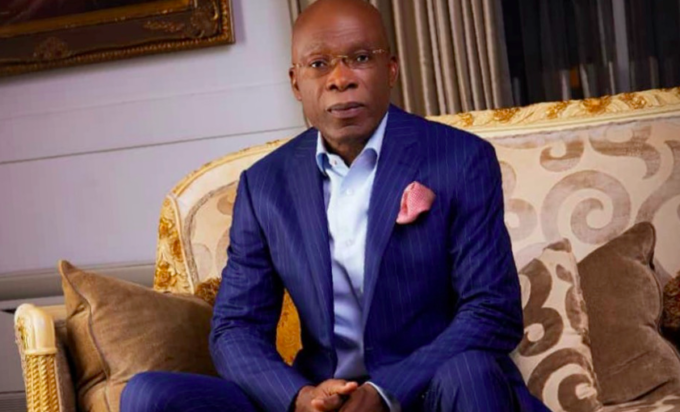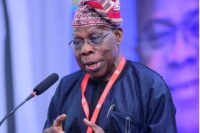
The Chairman of the Miyetti Allah Cattle Breeders Association of Nigeria in Benue State, Ardo Risku, on Sunday, appealed to the Inspector-General of Police, Kayode Egbetokun, and the state governor, Hyacinth Alia, to intervene in the detention of his son, Mahmuda Risku.
PUNCH Online reports that Mahmuda was arrested on February 1, 2026, while allegedly grazing cattle near a stream in Ogobia community, Otukpo Local Government Area of the state.
Risku, who made the appeal during a press conference in Makurdi, the state capital, on Sunday, said his son had taken 48 cows in search of pasture when some vigilantes in Ogobia arrested him near the stream.
The MACBAN boss alleged that the vigilantes also shot at the cattle, causing them to scatter, before arresting his son and handing him over to the police at the Otukpo Divisional Police Office.
He said, “When I requested that a phone be given to my son in police custody, he narrated that he did not commit any offence but was only tending to his cattle when the vigilantes appeared and arrested him.
“I also asked the police about the offence. I was told that Mahmuda burnt a rice farm, an allegation he denied.”
Risku further explained that he was in Makurdi at the time of the incident and planned to travel to Otukpo the following day to see his son, but was later informed by the police that the matter had been transferred to Makurdi.
“At the command headquarters in Makurdi, I later learnt that my son had been transferred to the Operation Zenda office on the directive of the Commissioner of Police.
“I went to the Operation Zenda office, but they refused me access to my son. The next day, the case was taken to court, and I was present when my son was brought in by Zenda operatives. But before the court could take action, the Commissioner of Police ordered that my son be returned to Zenda custody,” he said.
Risku, who expressed concern over the continued detention of his son, alleged that Mahmuda had yet to be charged in court or granted access to his family.
“I have made efforts to see the Commissioner of Police, but all have been unsuccessful. I am appealing to the Inspector-General of Police and Governor Hyacinth Alia to intervene in this matter,” he said.
When contacted, the command spokesperson, DSP Udeme Edet, said the matter was under investigation.
“Concerning the matter you raised, investigation is ongoing,” Edet said.


















Leave a comment